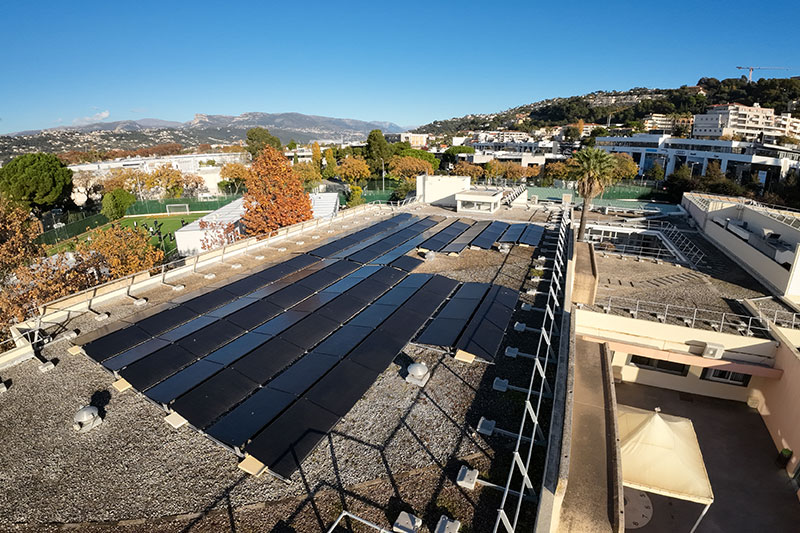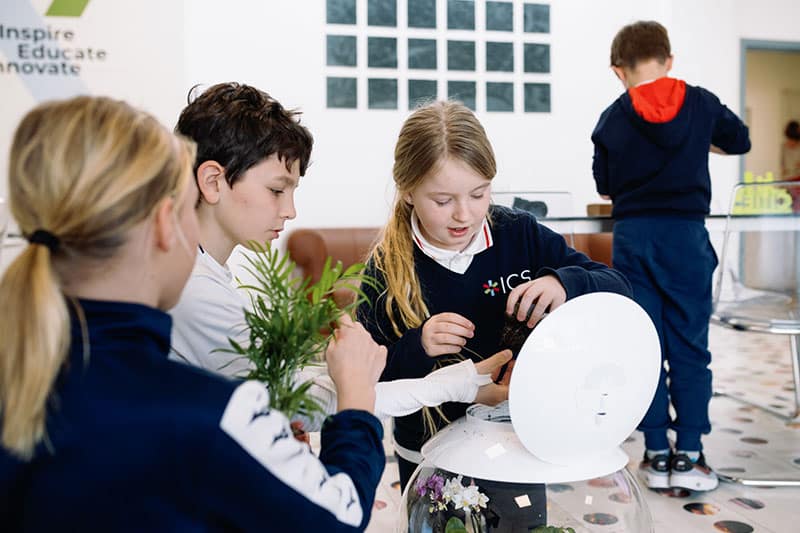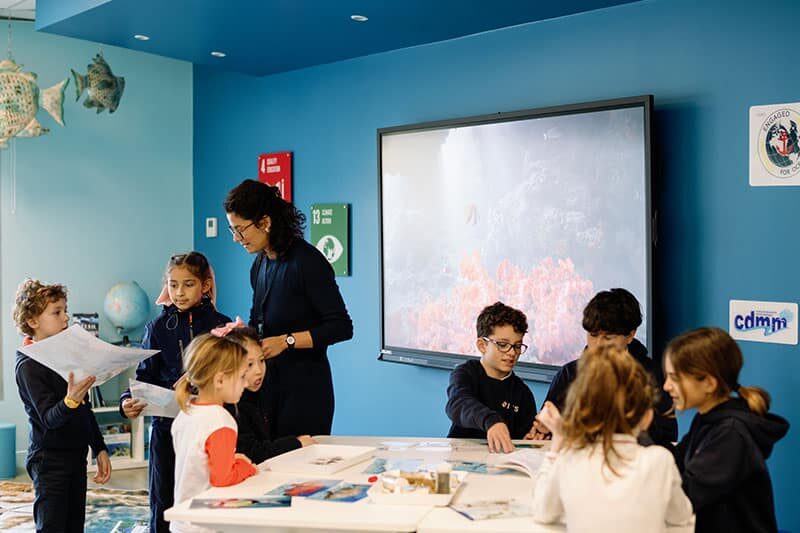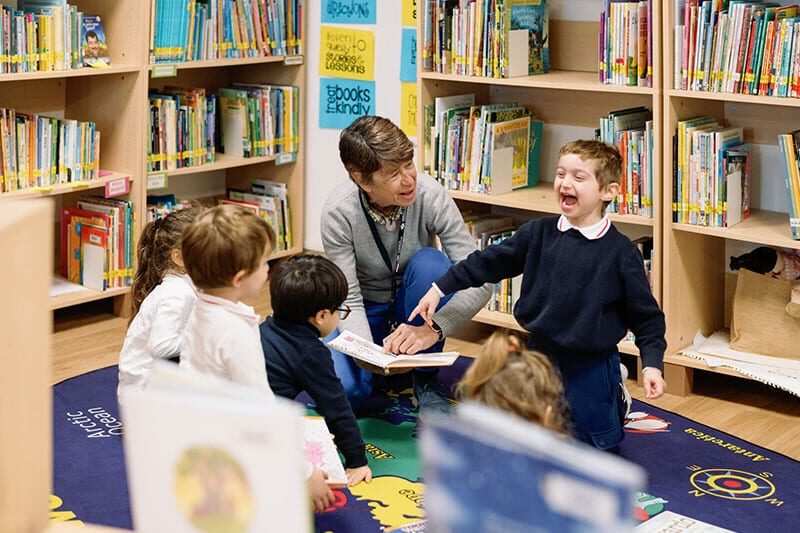Environmental action - 2025 Finalist
International School of Nice
France
The International school on the French Riviera that immerses students in marine conservation, renewable energy, and sustainable living
International School of Nice (ISN), an independent kindergarten, primary and secondary school in Nice, France, is spearheading environmental stewardship by integrating an Eco-School Framework into its curriculum, a collaborative model where students can apply what they learn in the classroom to issues like marine conservation, renewable energy solutions, and sustainable living practices. After recognising the urgent need to address climate change challenges and promote responsible living within the community, the school took decisive action to achieve Eco-School status and create real-world learning experiences for its students that tangibly impact the community and world around them.
By adopting the Eco-School framework, the school has been able to plan initiatives, implement changes, and continuously monitor its environmental impact. One such initiative, the Flood the School programme, allows students to explore marine ecosystems and connect with the ocean through expert interaction and practical application in a dedicated space equipped with specific materials, guides, and interactive resources. Here, students collaborate with local organisations and associations, along with environmental experts who share their expertise to take learning beyond textbooks and instil the tools and knowledge needed to understand and protect the environment.
With students leading every project under the guidance of teachers, the collaborative school-wide efforts have resulted in it being certified as a European Blue School. Integrating environmental themes into the curriculum and implementing hands-on learning experiences increases students' awareness of environmental issues and encourages them to adopt sustainable practices. Beyond marine impact, the school’s culture of sustainability has seen the development of other projects that address issues like sustainable fashion, water conservation, recycling and pollution, sustainable cities, and care for soil and gardens to create more opportunities for positive environmental impact. A recent solar power project resulted in the school's investment in 145 solar panels to create a low-carbon campus. The model also offers professional development for teachers linked to sustainability to ensure staff have a positive mindset, skills, and knowledge.
By blending traditional teaching models with innovative programmes that address today’s most urgent challenges, ISN’s learning environment is entrenching a sense of agency that extends across the school and outwards to the surrounding community to create a culture of measurable impact.












